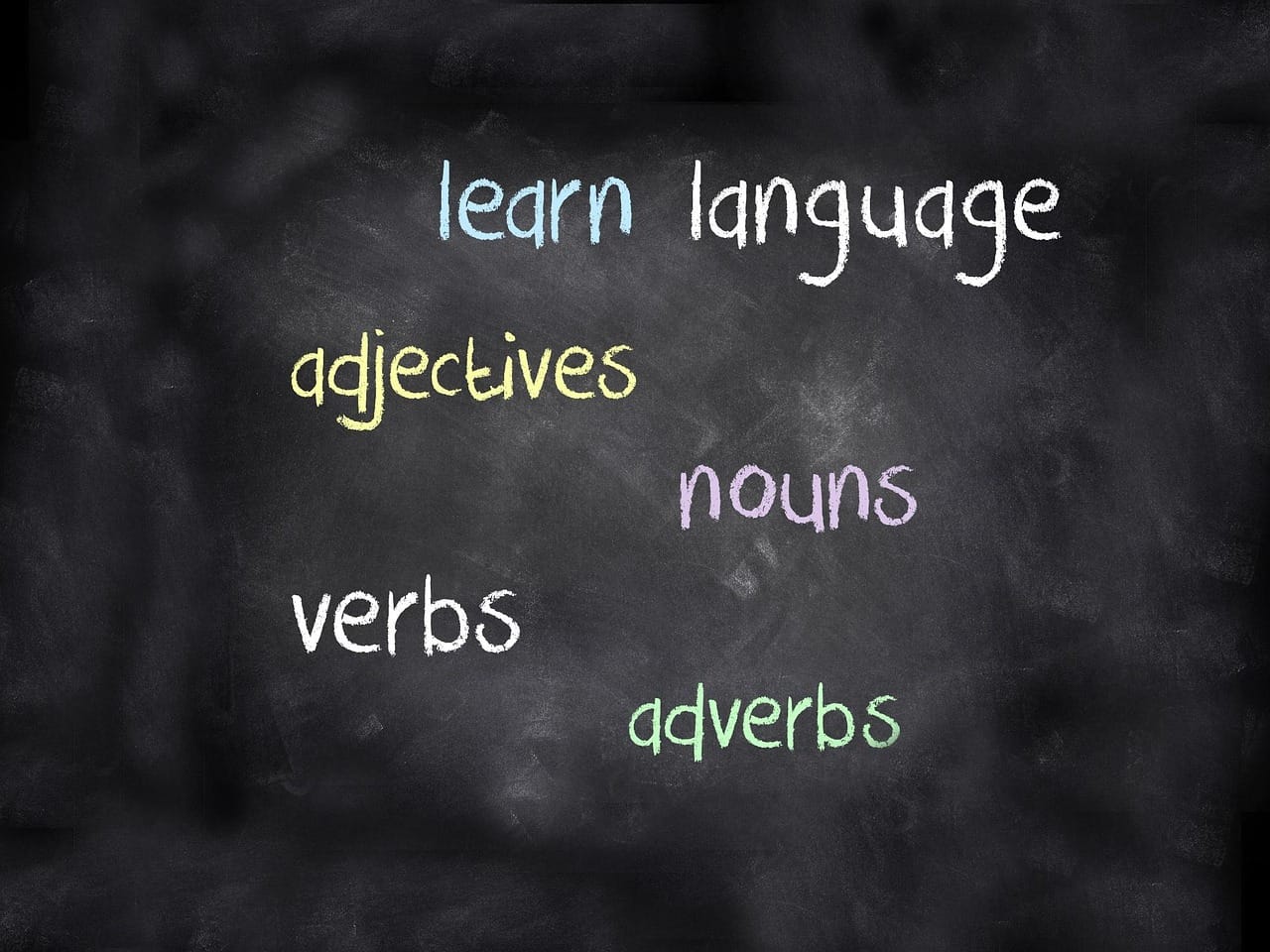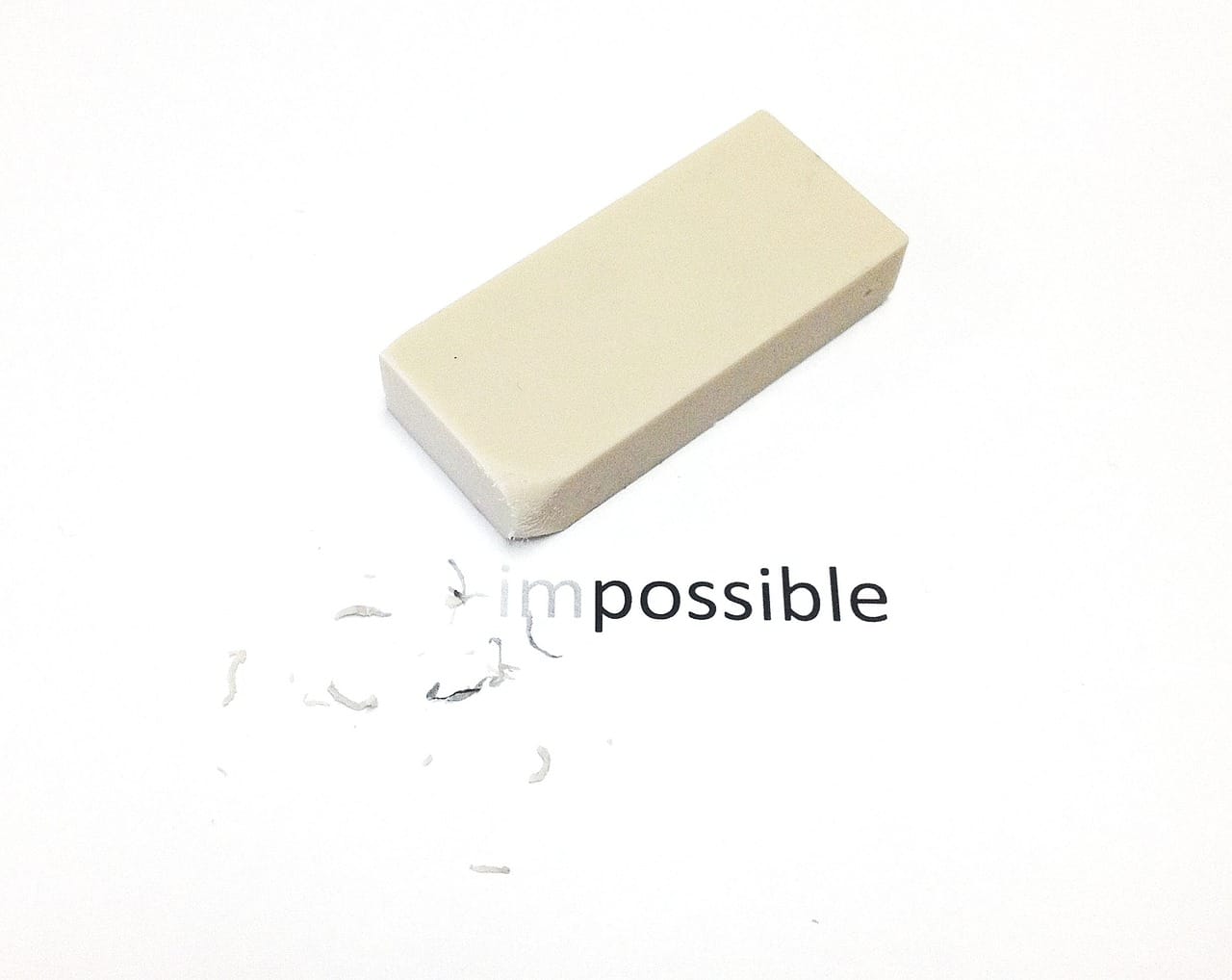Let’s be honest—writing clearly is harder than it sounds. You have big ideas, but somewhere between your brain and the keyboard, the message gets tangled. The truth is, people won’t stick around to decode your meaning. You have seconds—sometimes less—to grab their attention, keep it, and get your point across.
That’s where clear, concise writing becomes your secret weapon. Whether you’re sending an email, crafting a blog post, or writing a report, the way you build your sentences can mean the difference between being heard and being ignored.
This guide isn’t about stripping your voice away or writing like a robot. It’s about helping you write in a way that respects your reader’s time, highlights your ideas, and lets your personality come through—without all the extra fluff.

Why Clarity Instantly Improves Your Writing
When people understand your message right away, they’re more likely to stay engaged, remember what you said, and act on it. On the flip side, unclear writing causes confusion, delays, and frustration. In the workplace, that can cost time, money, or even relationships.
But here's the good news: you don’t need to be a writing expert. You just need to learn a few simple habits—and practice them regularly. Let’s start by cutting the clutter.
7 Simple Ways to Make Your Sentences Shorter—and Smarter
1. Cut the Dead Weight
Start by deleting words that add nothing. A classic example:
Before:
"In my personal opinion, it is actually quite necessary for us to basically consider the various different factors..."
After:
"We must consider the factors..."
All those extra words? They just get in the way. Clear writing is about saying what you mean—no more, no less.
2. Swap Long Phrases for Short Words
Think of this like giving your sentence a quick haircut:
- In the event that → If
- Due to the fact that → Because
- In the near future → Soon
- At this point in time → Now
Small changes, big difference.
3. Drop the Duplicates
Ever say things like "free gift" or "final outcome"? You’re repeating yourself.
- "Past history" → just "history"
- "Basic fundamentals" → just "fundamentals"
Trust your reader to get it without the echo.
4. Turn Nouns Back Into Verbs
When a sentence sounds stiff or abstract, it probably has too many nouns pretending to be verbs:

- "We made a decision to implement changes"
→ "We decided to change"
Real verbs bring your writing to life.
5. Lose the Fluff Words
Words like really, very, actually, and quite often just sit there, taking up space.
Instead of:
"She was very angry"
Try:
"She was furious"
More direct. More impactful.
6. Fix the “There Is” Trap
Sentences that start with “There is,” “It is,” or “There are” often hide the real action.
- “There are many reasons why this matters”
→ “This matters for many reasons”
It’s cleaner and faster to read.
7. Untangle Preposition Chains
You know that sentence that goes on forever because it keeps saying of, in, by, with?
Before:
“The report on the desk in the office of the director of the department…”
After:
“The director’s report…”
Let your reader breathe.
Want to Write Sentences People Remember? Do This:
✅ Use Specific Subjects and Strong Verbs
Weak:
“A decision was made by the team…”
Strong:
“The team decided…”
Say who’s doing what—clearly and confidently.
✅ Mix Up Your Sentence Lengths
- Short sentences grab attention.
- Longer ones let you explain your ideas in more detail.
- Together, they create a rhythm that keeps your reader reading.
Don’t aim for a perfect number. Aim for variety.
✅ Frontload and End Strong
People remember the beginning and end of a sentence most. Put the key point there.
Instead of:
“Despite objections, the council approved the plan.”

Try:
“The council approved the plan—despite strong objections.”
Punchier. More powerful.
✅ Break Complex Ideas into Smaller Bites
You don’t need giant sentences to sound smart. In fact, shorter ones often work better. When explaining tricky concepts, use small, clear steps. It helps people follow your thinking—and stay with you.
Why Your Brain Loves Clear Sentences
🧠 Your Mind Has Limits
Cognitive science shows that your brain can only hold a few ideas at once. Wordy writing overwhelms it. Simple sentences help readers process ideas faster and remember them longer.
🤝 Clarity Builds Trust
When you write clearly, readers feel like you’re on their side. You’re not trying to sound impressive—you’re trying to help them understand. That builds credibility and connection.
💡 Structure Creates “Cognitive Ease”
Our brains like patterns. When you follow a logical sentence structure—subject, verb, object—people glide through your writing. They don’t even notice how easy it is. That’s the point.
5 Sentence Problems You Can Fix Today
1. Vague Pronouns
Unclear:
“James told Alex that his idea was rejected.”
Whose idea? James’s? Alex’s? Just say it.
Clear:
“James told Alex that Alex’s idea was rejected.”
2. Misplaced Modifiers
Funny (but confusing):
“Walking down the street, the trees looked beautiful.”

Who’s walking? The trees?
Better:
“As I walked down the street, the trees looked beautiful.”
3. Passive Voice That Hides the Doer
Passive:
“Mistakes were made.”
Active:
“The team made mistakes.”
Clarity improves when we know who did what.
4. Too Many Qualifiers
Wishy-washy:
“It’s kind of effective, basically.”
Confident:
“It’s effective.”
Cut the hedging—unless the uncertainty is truly necessary.
5. Unnecessary Jargon
Complex:
“The implementation of innovative methodology optimized performance metrics.”
Simple:
“The new method improved performance.”
Jargon isn’t smart—it’s often just confusing.
See the Difference: Before & After Examples
Business Example
Before:
“There has been a failure to adhere to the guidelines…”
After:
“Employees aren’t following the guidelines.”
Fewer words. Stronger message.
Academic Example
Before:
“The use of metaphor helps illustrate the psychological complexity…”
After:
“The author’s metaphors reveal the character’s psychology.”
Still smart—just clearer.
A 5-Minute Daily Habit That Sharpens Your Sentences
Want to improve fast? Try this short routine with a paragraph from something you wrote:

- Cut one-third of the words.
- Read it aloud—do you stumble?
- Ask “So what?” about each sentence. If it doesn’t add value, delete it.
Just 5 minutes a day will change how you write—and how people respond to it.
Writing With Purpose Beats Writing With Perfection
You don’t need to write perfect sentences. You need to write purposeful ones. Focus on communicating clearly, not sounding clever. When your meaning is clear, your voice comes through naturally.
Real Talk: What Writers Often Ask
Q: Can writing be too short?
Yes—if you cut so much that your meaning disappears. Trim carefully, not recklessly.
Q: Will I lose my voice if I write this way?
Nope. Clear writing reveals your voice. It doesn't erase it.
Q: Should I always avoid passive voice?
Not always. Use it when the doer isn’t important or isn’t known. Just don’t make it your default.
Q: Fastest way to improve sentence flow?
Read your writing aloud. If it sounds awkward, it is awkward.
HAVE YOUR OWN WRITING, MARKETING, PUBLISHING COACH 24/7 FOR PENNIES PER DAY!
SAVE TODAY ONLY! Click this link
now: https://www.authorutopia.com/#/portal/signup
BECOME A MEMBER OF OUR ELITE COMMUNITY OF ASPIRING AUTHORS AND ENTREPRENEURS AND BE A RISING STAR FASTER THAN YOU EVER DREAMED POSSIBLE. Click the link below now to get our best offer ever: https://www.authorutopia.com/#/portal/signup


